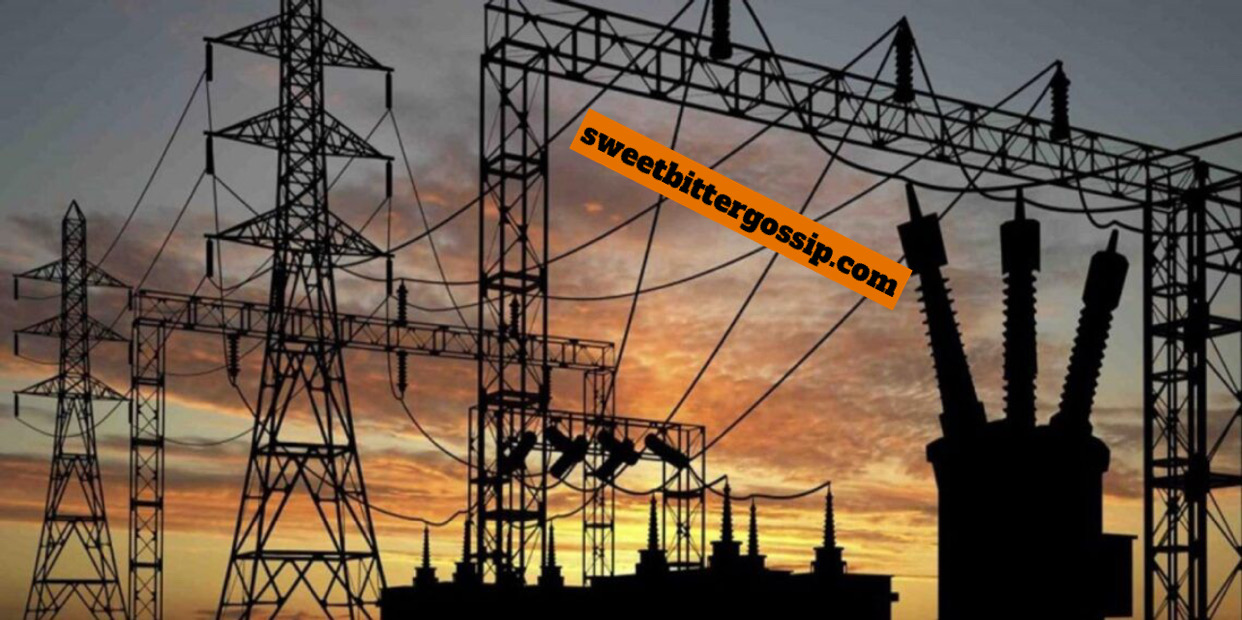The National Coordinator of the Coalition for Affordable and Regular Electricity (CARE), Mr. Chinedu Bosah, has criticised the 2024 performance of Nigeria’s Electricity Distribution Companies (DisCos), labeling it as “abysmal.” Speaking in an interview with the News Agency of Nigeria (NAN), Bosah accused the DisCos of prioritising profit over infrastructural improvements, resulting in erratic power supply and exorbitant electricity bills.
Bosah highlighted the companies’ failure to distribute free prepaid meters to Nigerian households, noting that estimated billing remains widespread due to inadequate metering infrastructure. Approximately 55% of households connected to the national grid—around seven million—still lack prepaid meters, which should be provided at no cost. Instead, these meters have become expensive commodities under a profit-driven supply mechanism.
“In 2024, consumers were compelled to purchase prepaid meters at exorbitant prices from Meter Asset Providers (MAP), further deepening household financial burdens,” Bosah remarked. He argued that privatisation has turned the power sector into a profit-focused enterprise, neglecting the needs of ordinary Nigerians.
Unequal Energy Access
Bosah also criticised the inequality in energy distribution, describing the tiered tariff system enforced by the DisCos as “apartheid-styled.” He noted that premium services under Band A tariffs primarily benefit wealthier households, leaving the majority of Nigerians to endure little or no electricity.
“Electricity is a basic right, not a privilege,” he emphasised. Bosah urged DisCos to prioritise equitable electricity access over profits. He also pointed to vandalism and inadequate gas supply as persistent issues exacerbating energy poverty across the country.
Despite Nigeria’s vast oil and gas resources, Bosah criticised the government’s reliance on multinational corporations for gas production. He argued that high gas prices, currently $2.4 per MMBTU, must be reduced to below $1 per MMBTU to increase power generation and support economic growth.
Failing Infrastructure and Grid Instability
Bosah further highlighted the nation’s outdated power infrastructure, noting that the Transmission Company of Nigeria (TCN) recorded at least 12 national grid collapses in 2024, with the most recent occurring on December 11.
“These failures underline the urgent need for infrastructure modernisation and investment in the transmission network,” he stated. He attributed the frequent grid collapses to decades of neglect, insufficient funding, and the shortcomings of privatisation.
Although Nigeria has an installed generation capacity of 14,000 MW, it only produces around 4,000 MW on average, underscoring the inefficiency of the system. Bosah urged the government to redirect public funds, currently being misallocated, to revitalise the power sector and address these challenges.
A Call for Change
Bosah concluded by advocating for the nationalisation of Nigeria’s power sector, proposing that it be placed under the democratic control of workers and local communities. He argued that this approach would address systemic failures, ensure affordable electricity, and guarantee uninterrupted power supply for all Nigerians.
“Nigeria’s power sector is in disarray, and bold, decisive action is necessary to deliver the sustainable energy solutions the country urgently needs,” he stated.
By tackling inequality, investing in infrastructure, and reforming the sector’s structure, Bosah believes Nigeria can overcome its energy challenges and provide equitable power access to its citizens.

